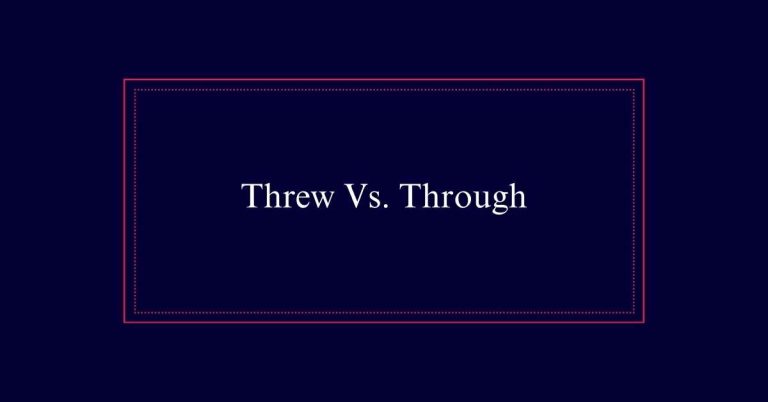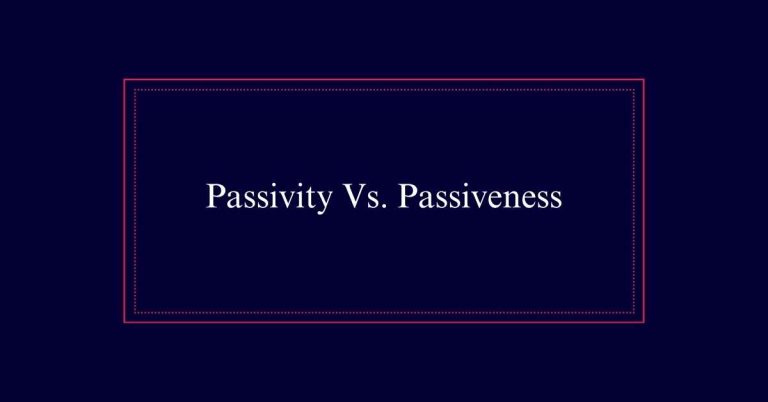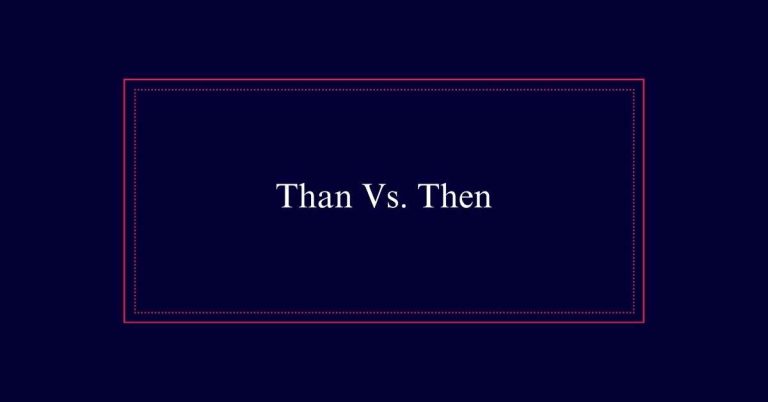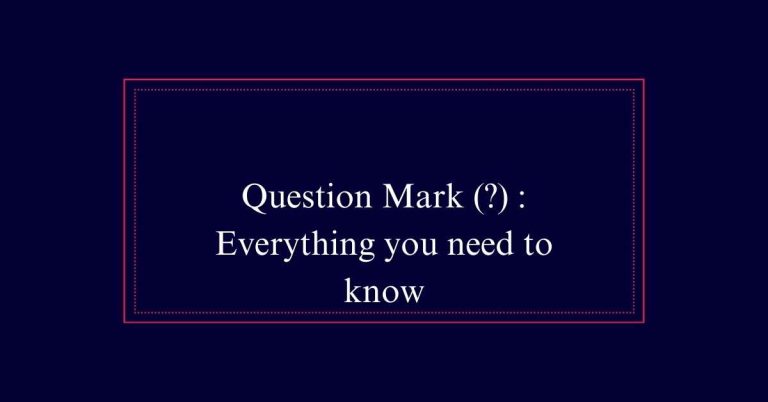8 Weird Techniques to Beat Writer’s Block
Overcome writer’s block by shaking up your routine and changing your environment. Use your five senses—try new music, unique sensory experiences, or watch something different. Cry your heart out and write down your feelings to clear mental space. Rediscover childhood activities like coloring or playing with clay. Talk to strangers and gather fresh perspectives. Get an imaginary friend for new conversations. Break your reward system by indulging in treats upfront and gamifying your writing process. Lastly, embrace old-school techniques like taking nature walks or freewriting.
Shake Up Your Routine
Shaking up your routine can help jumpstart your creativity and beat writer’s block.
Try writing at a different time of day. If you’re used to writing in the morning, switch to the evening.
Change your writing location. Move from your desk to a cozy café or a park bench.
Experiment with different tools. Switch from typing on your laptop to writing in a notebook.
Visit a new place for inspiration. A museum or a quiet library might spark fresh ideas.
Finally, experiment with different creative mediums. Sketch a scene from your story or use collage to visualize your ideas.
Use Your Five Senses
After shaking up your routine, engage your five senses to discover new creative pathways.
Listen to unconventional music to ignite new ideas.
Try out unique sensory experiences, like smelling unfamiliar scents or touching different textures.
Watch movies or shows you wouldn’t usually pick to gain fresh perspectives.
Observe people in new environments, like a busy café or a quiet park, and note their behavior and interactions.
Challenge your senses with diverse activities, such as tasting exotic foods or experimenting with art.
These sensory experiences can stimulate your imagination and break through writer’s block.
By immersing yourself in new sensory input, you’ll find unexpected inspiration and rejuvenate your writing process.
Use your senses to ignite your creativity.

Cry Your Heart Out
Let your emotions pour onto the page to clear your mind and unblock your creativity. Write down your frustrations about your writing. List your fears and concerns. This helps release negativity and eases your writer’s block.
Here’s how to do it:
| Step | Action |
|---|---|
| 1 | Grab a pen or open a document. |
| 2 | Write down exactly how you feel. |
| 3 | Identify what’s bothering you in your work. |
| 4 | List all your fears and concerns. |
This simple exercise can be very cathartic. It allows you to confront your emotions directly. By acknowledging these feelings, you clear mental space for new ideas. Sometimes, letting it all out is the best way to move forward.
Rediscover Childhood Activities
Revisiting activities from your childhood can spark creativity and help you overcome writer’s block. Think back to those carefree days and try engaging in some of your favorite pastimes.
Here are a few ideas to get you started:
- Coloring: Grab a coloring book and some crayons. Let the simple act of filling in shapes relax your mind.
- Playing with clay: Mold and shape clay into anything you like. This tactile activity can stimulate your creativity.
- Jumping rope: Physical exercise like jumping rope can boost your mood and energy levels.
- Building with blocks: Constructing with building blocks can help you think in new and imaginative ways.
Talk to Strangers
Initiating a conversation with a stranger can reveal new ideas and perspectives. Approach someone at a coffee shop or park. Break the ice with a simple question or comment.
Listen actively. You might hear a fascinating story or a unique viewpoint. These interactions can spark fresh ideas for your writing.
Talking to different people exposes you to various lifestyles and experiences. It’s a way to step outside your own bubble. You can turn these real-life encounters into fictional narratives or character dialogues.
Don’t be afraid to ask open-ended questions. People love sharing their stories.
Get an Imaginary Friend
Talking to strangers is great, but you can also find inspiration by creating an imaginary friend. Imagine a supportive companion who encourages your writing.
Here’s how you can make the most of this idea:
- Develop a Character: Give your imaginary friend a name, background, and personality.
- Have Conversations: Discuss your writing challenges and brainstorm ideas together.
- Role-Play Scenarios: Act out scenes and dialogues to find new angles for your story.
- Seek Advice: Imagine your friend offering solutions to your writing blocks.
These imaginative interactions can spark creativity and offer new perspectives.
Your imaginary friend becomes a playful, creative outlet that helps you overcome writer’s block. Give it a try and watch your ideas flow!
Break Your Reward System
Usually, sticking to a reward system can boost your productivity, but breaking it might just be the secret to overcoming writer’s block.
Instead of rewarding yourself only after hitting milestones, try indulging in rewards upfront. This can create a relaxed mindset, making writing feel less like a chore. Reward yourself with a favorite snack or a short break before starting your writing session.
You can also switch up your rewards—use unconventional treats that surprise and delight you. This keeps your mind engaged and enthusiastic. Gamify your process: set quirky goals and give yourself spontaneous rewards.
Breaking the traditional reward system can turn writing into an exciting adventure rather than a tedious task.
Embrace the Cliché
When facing writer’s block, don’t hesitate to fall back on familiar strategies that have stood the test of time. These classic approaches might seem clichéd, but they can be surprisingly effective.
Here are some tried-and-true methods to get your creativity flowing:
- Take a walk in nature: Fresh air and a change of scenery can clear your mind.
- Freewrite for 10 minutes: Let your thoughts flow without worrying about quality.
- Make a list: Jot down ideas, words, or topics that come to mind.
- Drink a cup of coffee: Sometimes, a caffeine boost is all you need to jumpstart your brain.
These simple steps can pave the way for a breakthrough. Don’t underestimate their power.
Frequently Asked Questions
Can Writer’s Block Affect My Mental Health?
Yes, writer’s block can affect your mental health. It causes stress, anxiety, and frustration. You might feel stuck or lose confidence. Taking breaks, changing routines, and exploring new activities can help manage these feelings.
How Long Does Writer’s Block Usually Last?
Writer’s block duration varies. It can last hours, days, or even weeks. Everyone’s experience is different. Don’t stress; focus on small tasks. Breaks and new activities can help you overcome it faster.
Are There Any Dietary Changes That Help With Writer’s Block?
Yes, there are dietary changes that can help. Eat more fruits and vegetables. Drink plenty of water. Avoid high-sugar snacks. Try green tea for a caffeine boost. Eating right can clear your mind and enhance focus.
Does Physical Exercise Assist in Overcoming Writer’s Block?
Absolutely, physical exercise can help you overcome writer’s block. When you move your body, you increase blood flow and release endorphins. This boosts your mood, clears your mind, and sparks creativity. Give it a try!
Can Collaboration With Other Writers Help Alleviate Writer’s Block?
Yes, collaborating with other writers can help. You can share ideas, get feedback, and gain new perspectives. It breaks the isolation and sparks creativity. Working together makes the writing process more engaging and less intimidating.






